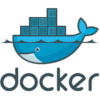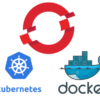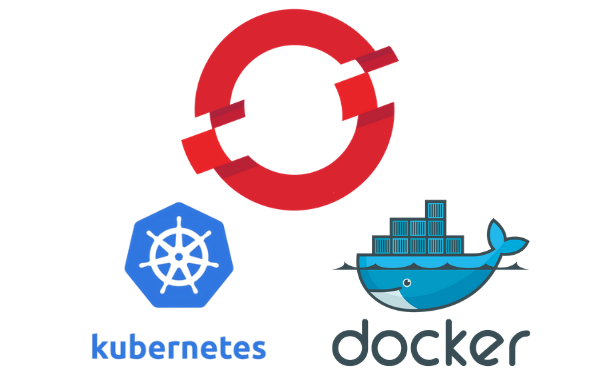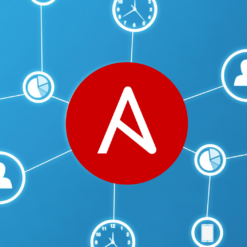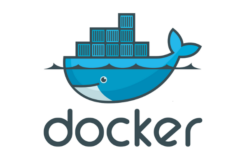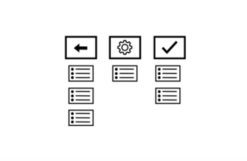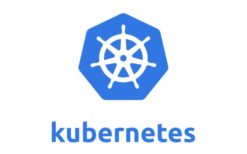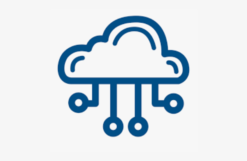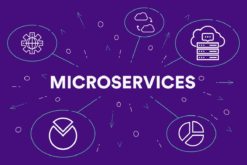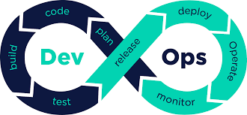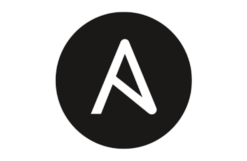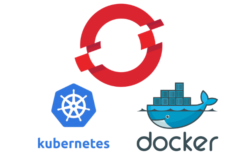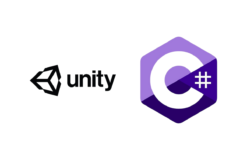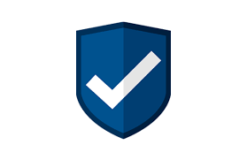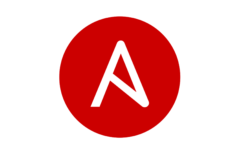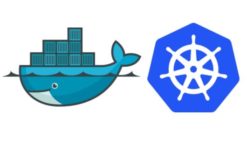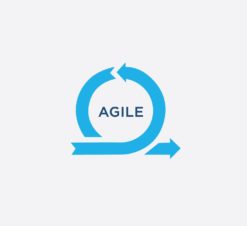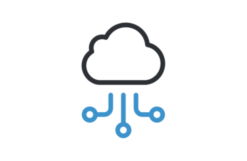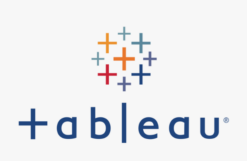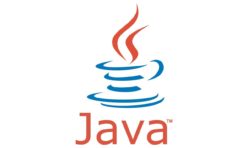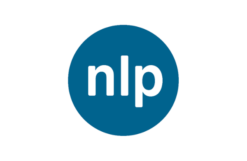Course Overview:
OpenShift is a container application platform for deploying Docker and Kubernetes. It provides predefined application environments and helps to realize key DevOps principles such as reduced time to market, infrastructure as code, continuous integration (CI), and continuous delivery (CD). OpenShift is maintained by Red Hat.
Course Objectives:
- Learn how to manage containers running on Docker, Kubernetes, and the Red Hat OpenShift
- Container Platform.
- Create, configure, manage, and troubleshoot OpenShift clusters.
- Scale application deployments using Kubernetes.
- Secure OpenShift Platform Container.
- Monitor and gather metrics.
- Manage storage.
- Quickly deploy applications on premise, in public cloud or on a hosted cloud.
- Format of the course
- Part lecture, part discussion, exercises and heavy hands-on practice
Pre-requisites:
- Understanding of container concepts
- System administration / DevOps experience
- Linux command line experience
- Web application architectures experience
Target Audience:
- System Administrators
- Developers
- System Architects
Course Duration:
- 35 hours – 5 days
Course Content:
- Introduction
- Overview of OpenShift architecture
- Creating containerized services
- Managing containers
- Creating and managing container images
- Deploying multi-container applications
- Setting up an OpenShift cluster
- Securing OpenShift Container Platform
- Monitoring OpenShift Container Platform
- Deploying applications on OpenShift Container Platform using source-to-image (S2I)
- Managing storage
- Summary and Closing Remarks


